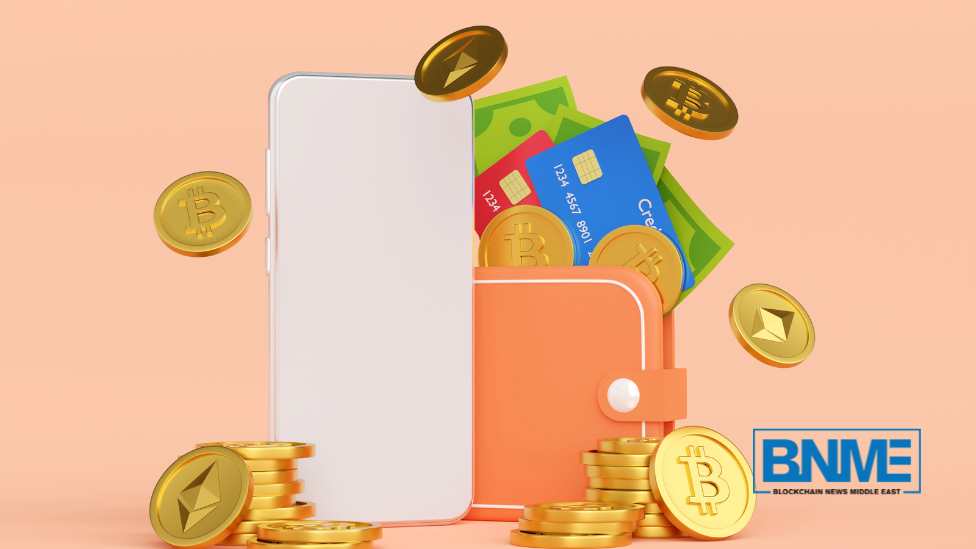The United Arab Emirates (UAE) is a blockchain hub. In the last few years, the country has incorporated blockchain in different sectors. Many people hear blockchain, and their first thought is usually cryptocurrencies and digital tokens. However, blockchain is more than that. While UAE is a very crypto-friendly country, its blockchain application spans more than the use of cryptocurrency.
Blockchain Applications in UAE
Blockchain in Government
The UAE Government launched projects such as the Emirates Blockchain Strategy 2021 and the Dubai Blockchain Strategy. The Emirates Blockchain Strategy 2021 aims to transition 50% of government transactions to a blockchain platform. Meanwhile, the Dubai Blockchain Strategy focused on making Dubai the world’s first city fully powered by blockchain by 2020. This strategy is founded on three strategic pillars: government efficiency, industry creation, and international leadership.
Another blockchain use worth mentioning that the government put out is the Dubai Blockchain Platform. This platform introduces a decentralized approach and secure infrastructure for government transactions. The Dubai Blockchain Platform facilitates secure and transparent data exchange among government entities,
Furthermore, the government introduced a blockchain project that stores vehicle records from manufacturing to current condition. This project allows for easy access to information for stakeholders such as manufacturing companies, vehicle dealers, sellers, buyers, and insurance firms.
Blockchain in Fintech
We cannot talk about blockchain applications in the UAE without mentioning their use in FIntechs. Blockchain technology has been used for the development of automated documentation and end-to-end finance transactions. For example, the Abu Dhabi Commercial Bank (ADCB) partnered with Singaporean-based digital ledger platforms. These partnerships were mainly aimed at streamlining financial transactions for customers and enhancing overall efficiency.
Blockchain in Supply Chain Management
UAE is a major trade hub. Hence, it is not shocking to see the country’s supply chain adopting blockchain technology. Blockchain-based platforms can fix the major challenges in the supply chain. These challenges include the lack of transparency, traceability, and security.
Now, with blockchain technology, businesses in the UAE can monitor and authenticate the movement of goods across the supply chain. This ensures the genuineness and integrity of products, thereby mitigating risks associated with counterfeit goods.
Blockchain in Healthcare
In the UAE’s healthcare sector, blockchain technology is being introduced to improve patient care and ensure data security. Blockchain-based electronic health records (EHRs) provide a secure and immutable solution for storing and exchanging sensitive medical information.
Furthermore, blockchain-based platforms are being developed to facilitate the sharing of medical research and data among healthcare institutions. These developments promote faster and more accurate diagnoses, research collaborations, and advancements in medical treatments.
Sharing data securely on a hospital blockchain network helps healthcare professionals to easily access collective knowledge and expertise.
Final Words
As the blockchain ecosystem continues to evolve and improve, the UAE’s constant use and adoption reaffirms its stance on driving transformative change and shaping the future of industries worldwide.




























